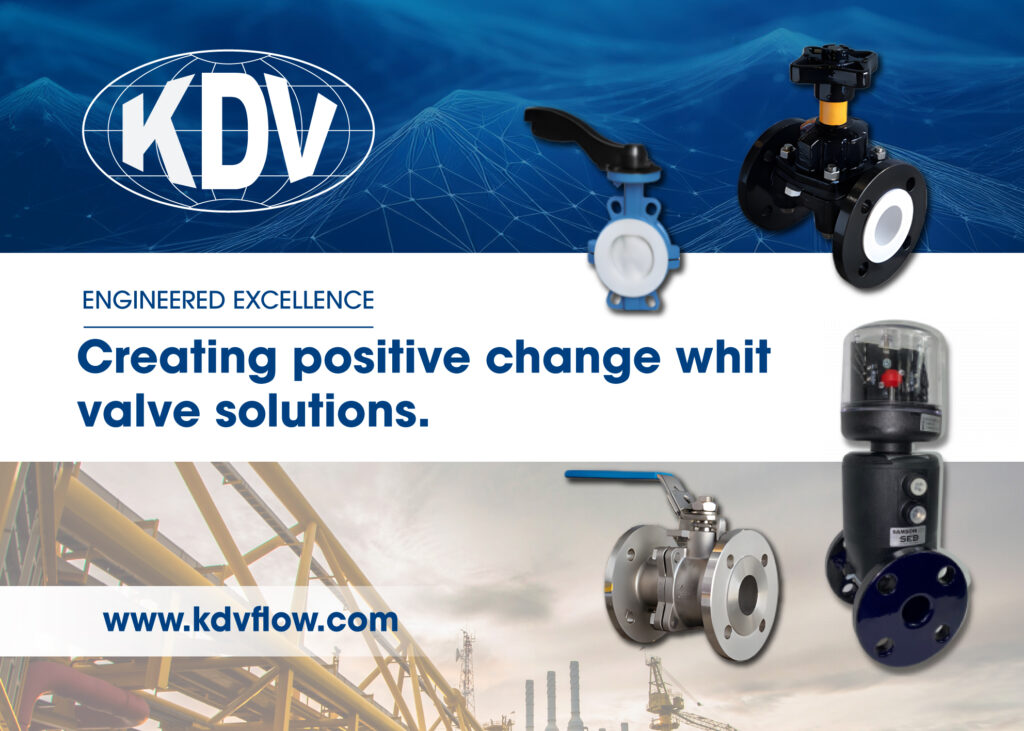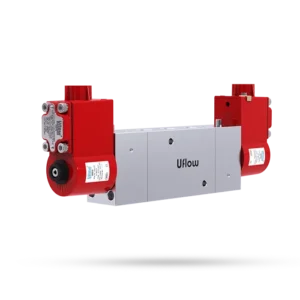Poppet Valves
Poppet valves are a type of valve mechanism commonly used in internal combustion engines, compressors, and various industrial systems to control the flow of gases or fluids. The term “poppet” comes from the valve’s characteristic motion—popping open and shut—rather than ... Read More
10 products
Filters
Reset
-
Manufacturers
-
Industries
-
Power Supply
-
Actuation Method
-
Media
-
Body Material
-
Country
-
Protection Classes
-
 Aluminum
Aluminum3 Way Direct Acting Namur Poppet Type Valve – DCP Series

-
 AluminumCompressed Air
AluminumCompressed Air3 Way Direct Acting Poppet Type Valve (Universal) – DCP Series

-
 AluminumCompressed Air
AluminumCompressed Air3/2 Single And Dual Pressure Blow Solenoid Poppet Valve (NC) – DCP Series

-
 Aluminum
Aluminum3/2 Single Solenoid Directional Control Poppet Valve (NC / NO) – DCP Series

-
 Aluminum
Aluminum3/2 Single Solenoid Namur Poppet Valve (NC) – DCP Series

-
 AluminumCompressed Air
AluminumCompressed Air3/2 Single Solenoid Poppet Valve (NC / NO) – DCP Series

-
 Aluminum
Aluminum3/2 X 5/2 Convertible Single Solenoid Directional Control Namur Poppet Valve (Monostable) – DCP Series

-
-
 Aluminum
Aluminum5/2 Double Solenoid Directional Control Poppet Valve (Bistable) – DCP Series

-
 Aluminum
Aluminum5/2 Single Solenoid Directional Control Poppet Valve (Monostable) – DCP Series

-
 Nitrous OxideStainless Steel
Nitrous OxideStainless Steel5×2 Double Solenoid Directional Control Hybrid Poppet Valve – DCI Series

Category Description
Poppet valves are a type of valve mechanism commonly used in internal combustion engines, compressors, and various industrial systems to control the flow of gases or fluids. The term “poppet” comes from the valve’s characteristic motion—popping open and shut—rather than sliding or rotating.
Key Features of Poppet Valves:
- Design: A poppet valve consists of a round or mushroom-shaped disc (the valve head) that seals against a seat. It’s connected to a stem, which moves vertically to open or close the passage.
- Function: When pressure or mechanical force lifts the valve head from its seat, fluid or gas flows through. Once the force is removed, a spring (or system pressure) closes the valve.
- Materials: Typically made from heat- and corrosion-resistant metals like stainless steel, Inconel, or titanium for high-performance applications.
Common Applications:
- Automotive Engines: Control intake and exhaust in internal combustion engines.
- Steam and Gas Turbines: Regulate flow under high temperature and pressure.
- Industrial Machinery: Used in compressors, hydraulic systems, and pneumatic circuits.
Advantages:
- Simple and durable design
- Good sealing under pressure
- Fast response time
- Suitable for high-temperature applications












